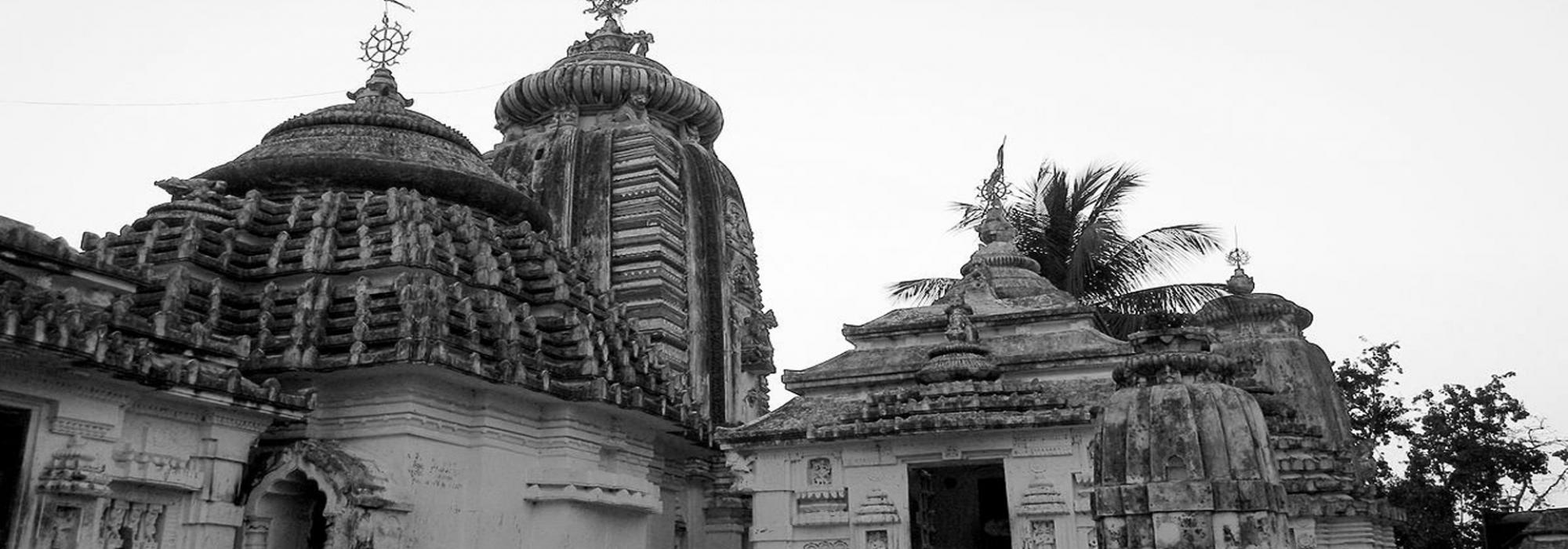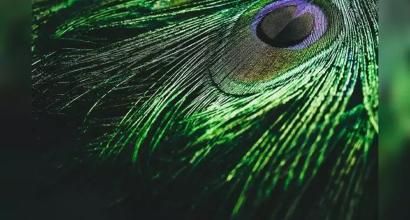We have recounted in an earlier episode[i] that the Madhva Brahmanas of Mulabagal depended on the land grants given to them in the ancient times for their livelihood. Their only cash earnings emanated from the sale of the pulses and grains that they cultivated. To supplement these earnings, a new arrangement was made. This was the scholastic honorarium given to Vidwans by the Sriman Madhvasiddhantonnahini Sabha (Assembly for the Development of the Madhva Philosophy). This Sabha used to congregate annually at Tiruchanur near Tirupati. The founder of this Sabha was a famous gentleman named Sri Kanchi Subba Rao. He had served as the Diwan of the Tiruvankoor (Travancore) Princely State for some years. His assistant was a lawyer named Kaukoor Ramachandra Rao. The Sabha attracted Vidwans from all well-known centers of the Madhva Philosophy. The arrangements of bath, food and rest were highly satisfactory.
An Examination Committee comprising the most eminent Vidwans who had arrived there would be instituted. This Examination Committee would then conduct an examination that involved testing the prowess in Madhva Philosophy texts such as Manimanjari, Sumadhvavijaya, Vayustuti, Sudha, and Chandrika. Those who sat for this exam were the disciples of great Acharyas.
After the exams were over, honorariums were given to both disciples and their Acharyas. Honorariums were typically given in the form of cash. This apart, silver cups, silver plates, silver bells and other Puja-related items were also given. A major portion of this distribution would go to the Acharyas. Not unoften, some examiners would display partiality towards the students of select Acharyas, which would lead to grumbling that the others were discriminated against. Such petty jealousies are inevitable in any massive gathering. We don’t need to take such things seriously.
Overall, we can definitely say that the Sabha encouraged and was useful to the development of scholarship in the Madhva School of Philosophy. After a few years, thanks to infighting among the various Madhva Mathas and personal squabbles, the Sabha splintered to pieces and gave birth to numerous separate organizations.
I recall a humorous incident.
Sri Appannacharya
Prominent among the great Vidwans from Mulabagal who attended the Tirupati annual Sabha was Sri Appannacharya from the Vyasaraya Matha. Folks who couldn’t pronounce his name correctly would variously call him as “Appalacharya,” “Dappalacharya,” and so on. Sri Appannacharya had distinguished himself both by his scholarship and conduct. Apart from our own town, he was also respected in other cities and towns in the country. He had earned a vast family of disciples.
On occasion when he had participated in the aforementioned annual Sabha, the organizers showered extraordinary reverence and respect upon him. They had given an exquisite silver lamp, a silver pot, a shawl, etc as honorarium. He placed all of these valuable items together with the presents that his disciples had received inside a bundle. He then placed this bundle in his personal trunk that contained the items of his daily Puja. Finally, he put this trunk securely in a gunny bag.
The journey back to his native town was scheduled for that night. In those days—that is, about seventy years[ii] prior—there was a railway junction named Renigunta[iii] that lay between Tirupati and Bowringpet. One had to change trains there. It was twelve in the night. Sri Appannacharya and his disciples were travelling in the Third Class[iv] compartment. They changed trains at Renigunta, reached Bowringpet and returned to Mulabagal the next morning by foot.
Because those close to him knew his return date, a sizeable throng of his friends, relatives, well-wishers and students was present outside his home, waiting in curiosity. Everyone was anxious to see the items that their beloved Acharya got as honorarium and the money that his disciples had received. Presently, the Acharya sat on the portico of his house, sent for his chief disciple, and commanded:
“Hey—open that gunny bag and show it to everyone.”
As commanded, the disciple opened the knot of the sack. Then it all spilled out—a sacred staff of a Dasayya[v], an earthen pot used for cooking, a wooden gong, rotten pieces of coconut, etc. There was absolutely no sight of the silver utensils or money. It was natural that everybody was stunned. His face drooped. After thinking silently for about ten minutes, Sri Acharya said:
“Hey—the compartment we were sitting in…there was this Dasayya wearing a Namam, right?”
“Yes, yes,” said his disciples.
“It appears that you’ve brought his sack instead of ours.”
“Perhaps that’s how it has happened. In the middle of the night, sleepy eyes, we must’ve mistaken that sack for this. That’s how this blunder must’ve happened.”
“Who knows who that Dasayya is, who knows where he’s gone. How do we find out? This is our fate. We need undergo it.”
This is how he consoled himself.
Proceedings of the Sabha
The organizer of the Sabha published an annual report of the Sabha’s income and expenditure and programmes and proceedings during the year. It was a massive volume. It also contained summaries of the Vakyarthas (philosophical debates) conducted during the year. This was useful for the philosophically-minded readers.
I recall reading a report containing debates around the Vedic phrase, “dwAsuparNA sayujA sakhAyA.” There were also reports regarding infighting between different Mathas. Who got the right to perform Puja to the Murti of Sri Vedavyasa placed in the Assembly Hall? Who had the right to offer the Naivedyam? The book contained elaborate details of the arguments centered around such controversies.
According to my recollection, a controversy arose between the Uttaradi Matha and the Vyasaraya Matha. This very controversy became the axe to the Sabha: vengeance remained, the organization died.
Concluded in the next part
This is the first part of the English translation of the seventh chapter of D V Gundappa’s Jnapakachitrashaale – Vol. 5 titled “Vaidikadharma Sampradayastharu.”
Notes:
[i] See: The Madhva Luminaries of Mulabagal
[ii] Roughly, 1902.
[iii] Renigunta is still a major rail junction that in many ways is a “favourite” spot for the countless pilgrims travelling from Bangalore to Tirupati.
[iv] The Third Class was abolished in 1977.
[v] A wandering minstrel or bard who dedicates his entire life singing the songs and verses in praise of Shiva, Vishnu, etc.















































